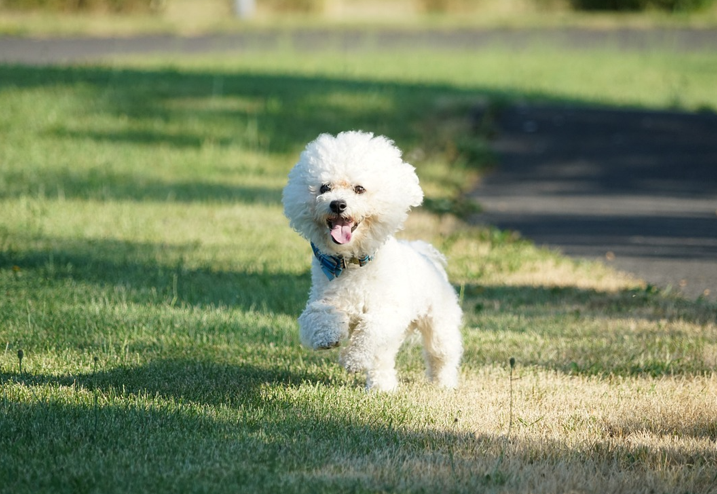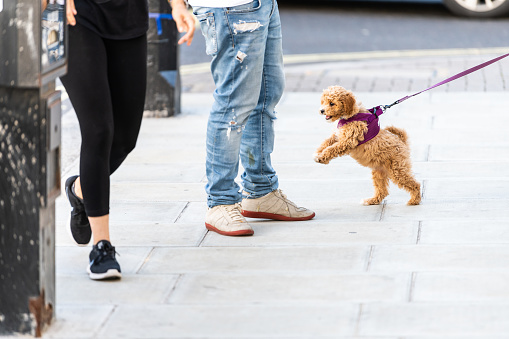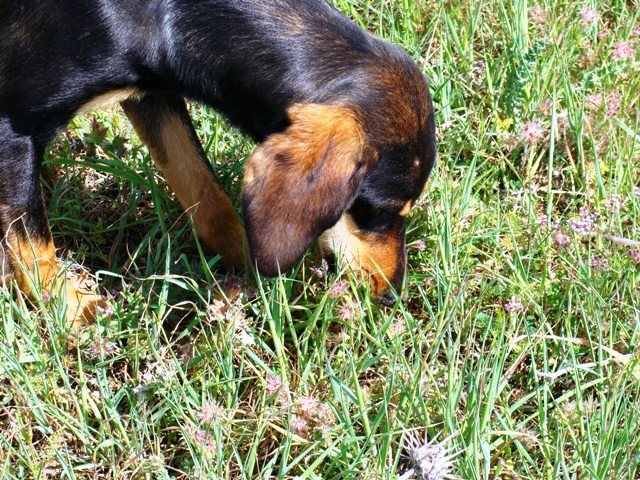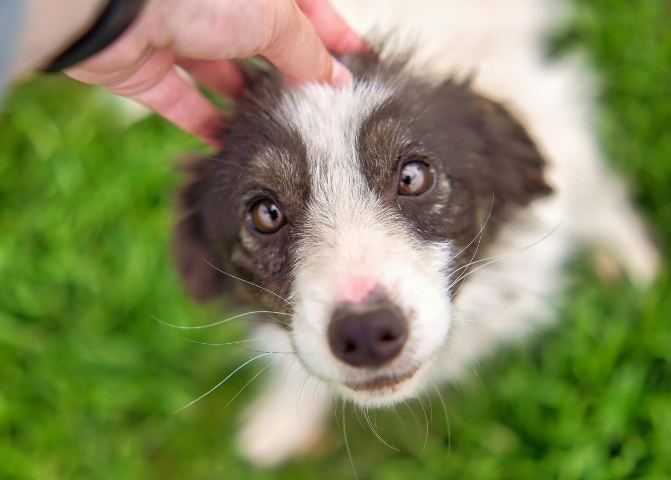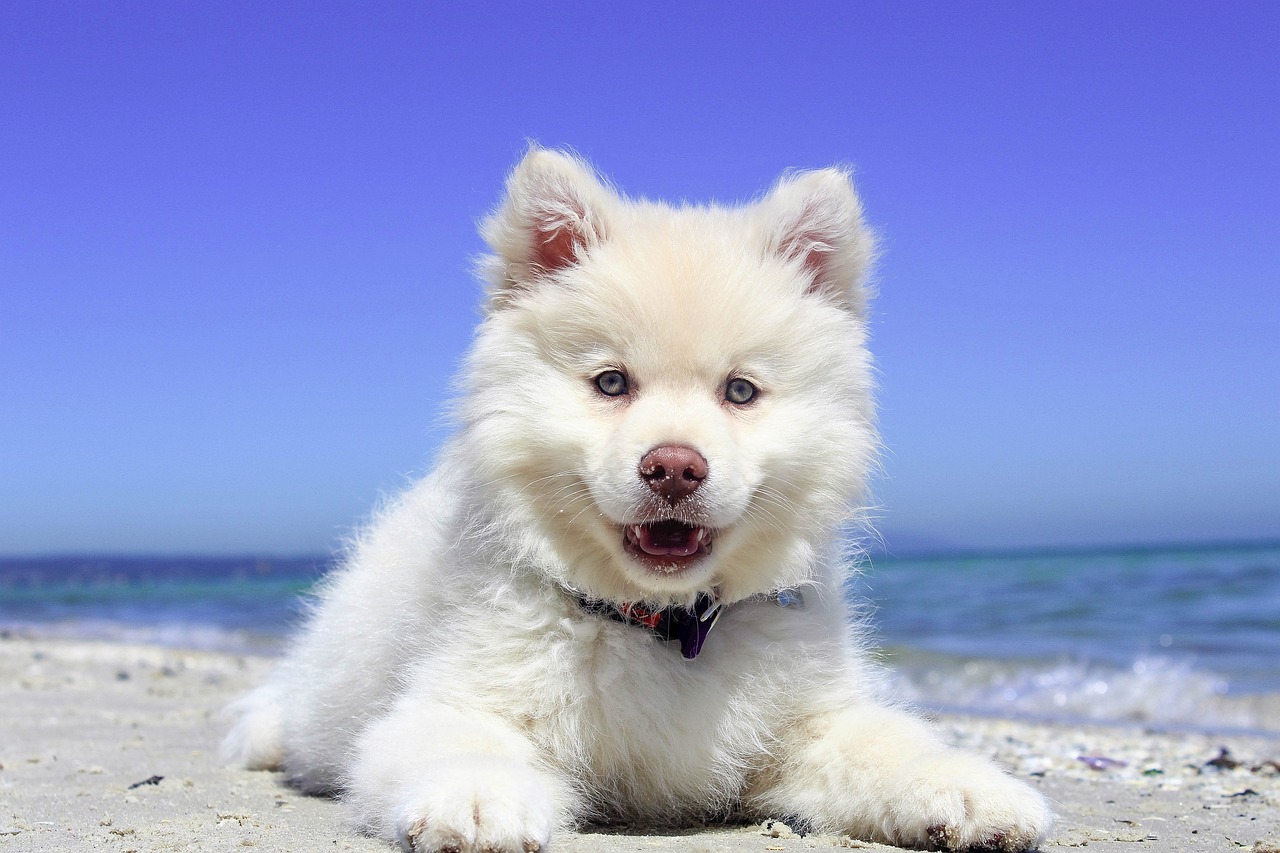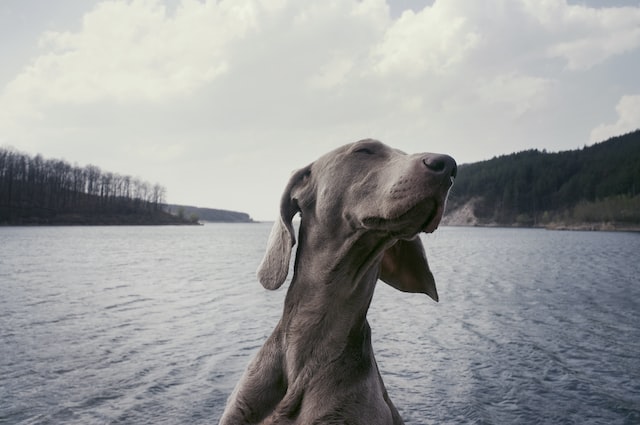
Adopting a dog when you are in your golden years is a decision that you should not make lightly. While caring for a dog can be a very rewarding experience and you can always count on a faithful companion this can also be accompanied by significant challenges if you are not in good health and you might have mobility issues. We will try to help you choose a paw partner that will fit you the best, so please keep reading below.
Many seniors opt for smaller dog breeds that can easily reach 13 to 15 years of age and will be excellent companions for cuddles on the couch. Some lead a more active life and are not afraid of adopting a larger dog who will keep them physically engaged for hours. Regardless of the size and activity level, your dog is sure to make a positive impact on your life. A study titled “How Pets Contribute to Healthy Aging” from the University of Michigan was done on adults between ages 50 and 80. About 88% of the adults told the surveyors that their dog helped them enjoy life; 86% said that their pets made them feel loved; and another 79% of the group said that their pets helped reduce their stress levels.
How to Choose the Right Dog
First, you should think about your living situation and the space you have. Second, you should think about the personality of the dog and the breed characteristics. Third, be mindful of the financial impact that your dog will have on your life and that some dogs are prone to health problems that will cost a lot to cover.
What Is Your Living Space Like?
If you are living in a retirement home or another form of assisted living community you should check if dogs are even allowed. Should you find yourself in a community that welcomes dogs then you can ask if there are breed restrictions. Seniors who have their own living space and backyard are going to have the opportunity to take in a more active and larger dog should they choose to do so.
Do You Need an Active Dog, a Large or a Small One?
As mentioned before, it is very important to select a dog that will fit your lifestyle and will not be a burden but a companion you can enjoy. If you do not suffer from severe health problems and you have good mobility then you might like to adopt a more active dog that can keep you moving. If you have some mobility problems and your health does not permit a very active lifestyle then you can choose a dog with a more laid-back personality who loves to cuddle.
How Will Your Finances Be Affected?
Please note that some breeds are prone to heart problems that can be very costly to address. Many large breeds have problems with their hips. Some smaller breeds have problems with their respiratory system. All these conditions can be alleviated to a degree with proper veterinary care and that will cost you a pretty penny. You might want to avoid dogs that are known to strongly exhibit hereditary health problems and dogs that have been born through severe inbreeding. Also, dogs with allergies may require more expensive food. You can easily talk to your friends and relatives about their pet-related expenses to determine if adopting a dog might be outside of your budget.
Energy Level, Size, Grooming and Age
Most seniors opt for more laid-back dogs that do not require a lot of exercises. You have to think about how much time you can spend walking and playing with a dog so you do not adopt a dog that is too physically demanding for you. If your living space is comparatively small then we recommend you opt for a small dog breed. If you have a medium-sized or a large-sized home then your options become increasingly more. Large and medium-sized dogs require a spacious home. Please remember that dogs who do not have enough space can become bored and if they do not have a way to spend their energy in a backyard or a local park they will become destructive. You may come home and find your furniture gnawed and chewed on and your favorite cushions might be on their way to the trash bin.
Some seniors may prefer their dogs to have low shedding levels while others do not mind cleaning fur too much. Cleaning is an important aspect of the process of raising a dog that can greatly affect the decision of what dog breed would be most suitable for us. Some people prefer their home to be as tidy as possible while others might not mind a bit of fur here and there. Most people tend to avoid dogs who drool as it can be perceived as repulsive so you should think about if you would be comfortable with that.
Another important factor is – how old you want your new life companion to be. If you have plenty of energy in you and you would love to train and socialize a young puppy then go for it. Our team recommends to seniors to you consider adopting an adult or senior dog. Mature dogs come with several major advantages. Adult and senior dogs have calmer personalities, they are house-broken and they are already socialized. Senior dogs can often be found in shelters and you might want to spend your golden years together with another kind soul.
Our Recommended Breeds
The dog breeds that we will recommend below are suited to seniors who are looking for “low-maintenance dogs”.
Cavalier King Charles Spaniel
They’re great with adults and children so they are bound to be loved by all of your family. The playful nature of this breed quickly makes friends of everyone and they are fun to spend your time with. The breed is famous for its intelligence and it can be easily trained at home. The Cavalier King Charles Spaniel is adequately described by three words – affectionate, gentle, and graceful. The Cavalier King Charles Spaniels usually weigh about 15 pounds (7 kg) which makes them easy to handle and they have a small stature. There are several health issues that Cavaliers are prone to like hip dysplasia, middle ear infections, and mitral valve heart disease. If you are looking for a companion with sweet, warm, and gentle eyes then you will love the Cavalier King Charles Spaniel.
Bichon Frise
This is another small breed that is famous for its affectionate and warm personality. The representatives can be between 12-18 pounds (5-8 kg) in weight and they can reach 11,5 inches (28 cm) in height. They are generally described as curious and peppy. Many seniors love them as the Bichon Frise has a mild character and a white hypoallergenic coat that you will have to brush every week to keep in prim condition. These dogs are easy to care for and they love meeting new people. The dogs of this breed are moderately active and they love playing. Bichons are generally healthy dogs, but you need to provide them with dental care regularly or they might experience early tooth loss or complications from gum infection. If you are looking for an energetic dog that will not be overwhelming we recommend the white Bichon Frise.
Greyhound
This is a recommendation in case you would love your companion to be of a bigger size. These dogs can reach 30 inches (76 cm) in height and about 70 pounds (31 kg) in weight. The Greyhound is a noble animal that can feel independent. These dogs love to run and can be a marvel to observe. While perfectly happy to lounge around the house all day we recommend taking the Greyhound to a local park to chase a tennis ball, a Frisbee, or a coursing lure. Greyhounds are overall very healthy dogs, but you should be mindful of bloat as you will have to seek immediate help should that be the case. If you are not confident that the Greyhound should be on this list let us clarify that these amazing runners do not need more than one hour of exercise. These dogs have an amazing burst of energy and power but that does not last long so you can split their playtime outside into two half-hour sessions. You will find that your Greyhound will be happy to spend most of his/her time napping at your side.
Havanese
These dogs are very intelligent and outgoing. If you are a senior who likes to socialize and spend time in good company then the Havanese might be the perfect companion. The representatives of the breed reach about 11.5 inches (28 cm) in height and around 12 pounds (5.5 kg) in weight. Havanese dogs are easy to train and they have moderate activity levels. They are described as cheerful and very sociable. They have a sturdy build and a soft heart for praise and love. Havanese are relatively healthy and can live for nearly 16 years which makes them long-lived in comparison to many others. The breed can be prone to conditions like eye disorders, deafness, and heart murmurs. They require patient and loving owners. If you are ready to share your life with them you will be rewarded with one of the most affectionate dogs.
Pomeranian
These cute fur balls are too bold and curious for their size. The dogs of this breed reach only 7 inches (17 cm) in height and 7 pounds (3 kg) in weight. Their signature fluffy coat can be often seen in orange and red. Please keep in mind that the coat will require professional grooming every four to six weeks or you might be up to the task. The Pomeranian is famous for its smiling fox-like face and fun personality. The dogs require very little exercise and can spend most of their energy in-home with play sessions and short walks. The Pomeranian breed is prone to collapsing tracheas, seizures and congestive heart failure however these conditions are screened by breeders early. Most representatives are considered generally healthy. The Poms should be trained to walk on a leash early in their growth or they might become disobedient later in their life. Another important skill you need to train diligently is "recall" because the Pom can be a bit stubborn. Consistency and patience are key when you are training a Pomeranian. The Pom has been called by many the ideal companion and not entirely undeserved. If you are looking for a fun companion to spend most of your time at home with – the Pom is a great choice.
Boston Terrier
The Boston Terrier is described by dog trainers as a bright, friendly, and fun dog. Most dogs of the breed reach 16 inches (40 cm) in height and about 24 pounds (11kg) in weight. The Boston Terrier is very affectionate and very good with children of all ages. The dogs of this breed are favored for their big round eyes that can shine with kindness and curiosity. The Boston Terriers love short but frequent walks and they are very sociable with people and dogs. The eyes of the Boston Terrier are sensitive and should be checked regularly for redness. The breed is also prone to deafness and glaucoma. The Boston Terrier can be a bit clingy and may not cope with separation well. If you are a senior who appreciates the company of a loving and dedicated dog that loves simple games like throwing a ball then we think the Boston Terrier might be the perfect fit for you.
Labrador Retriever
We wanted to end the list with at least one more medium-to-large dog. The Labrador Retriever and its cousin the Golden Retriever are amazing dogs that are famous for their active nature, and friendly and outgoing personalities. The Labrador Retriever can reach 24 inches (61 cm) in height and 80 pounds (36 kg) in weight. The dogs of this breed are a great fit for families with small children and they have no problems sharing space with other dogs and animals. The coat of this gorgeous dog can be seen in yellow, black, and breathtaking chocolate. The Lab requires an active owner who likes to take walks and spend most of their time outside. The dogs of this breed are very kind and patient. They are considered great candidates for mobility aid service dogs. Labs are generally healthy dogs but they can develop elbow and hip dysplasia and heart disorders so you should be mindful of that. If you are the type of person who is looking for a gentle giant who likes to spend time outdoors then the Labrador Retriever might be the right companion for you.





